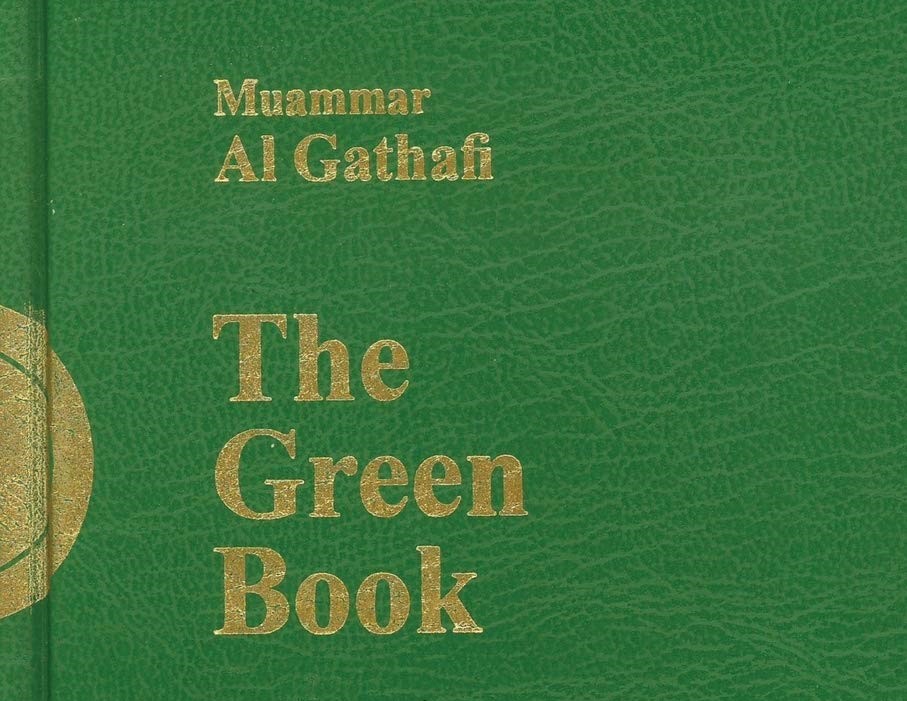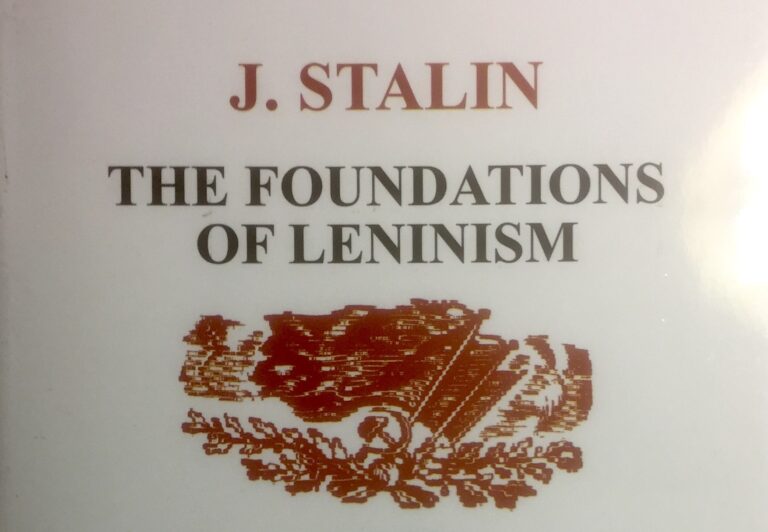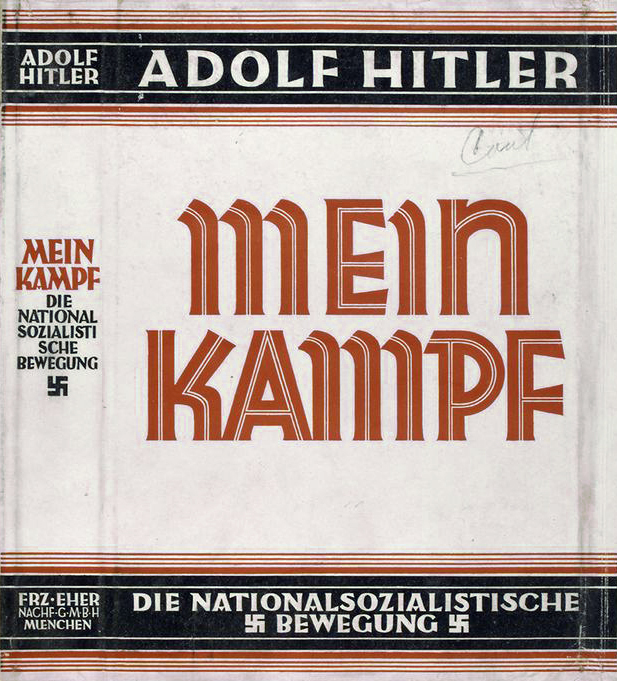Muammar Gaddafi’s View of the World – Summary of The Green Book
“The Green Book is a political manifesto by Muammar Gaddafi in which he presents his Third Universal Theory, rejecting representative democracy and capitalism, and calling for direct popular rule, socialism, and a return to traditional social values.”
The Green Book | A Summary of Muammar Gaddafi’s Thoughts
Title: The Green Book
Author: Muammar Gaddafi
Publication Date: Between 1975 and 1979
Original Language: Arabic
Genre: Political, Social, and Economic Theory
Structure: 3 Main Parts
Introduction
The Green Book is a political manifesto by Libyan leader Muammar Gaddafi, outlining his unique vision of governance, society, and economics—what he called “The Third Universal Theory.” Published in three parts between 1975 and 1979, the book served as the ideological foundation of Gaddafi’s rule and was mandatory reading in Libyan schools and institutions for decades.
Gaddafi aimed to present an alternative to both Western capitalism and Eastern communism, claiming his theory as the true path to justice and freedom.
The Three Parts of The Green Book
1. Part One: The Solution to the Problem of Democracy – The Authority of the People
- Gaddafi rejects parliamentary democracy, calling it a political fraud.
- He proposes direct democracy, where the people govern through Basic Popular Congresses.
- Political parties are condemned as tools of elite control.
- He asserts that “representation is treason.”
2. Part Two: The Economic Problem – Socialism
- Gaddafi criticizes capitalism as an exploitative system.
- He opposes private ownership of the means of production.
- Advocates for wealth equality, proclaiming:
“The house belongs to the one who lives in it, the wealth to the one who produces it.” - He rejects the concept of wages, calling it a modern form of slavery.
3. Part Three: The Social Basis of the Third Universal Theory
- Discusses family, women, religion, education, and national identity.
- Promotes traditional social values and opposes the full participation of women in public life.
- Emphasizes the importance of tribes and clans over the centralized state.
- Argues that language and religion are the true unifiers of people, not nationality or borders.
Key Ideas in the “Third Universal Theory”
- No political parties, no parliaments, no traditional governments.
- Power, wealth, and arms must be in the hands of the people.
- Production should be shared; workers must own the means.
- Family and tribe are the building blocks of society.
Context and Impact
- The Green Book was used as a tool of ideological control under Gaddafi’s regime.
- Despite its slogans about freedom, the book supported a totalitarian system.
- Today, it is seen as a reflection of utopian ambition mixed with authoritarian practice.
Conclusion
The Green Book was more than just a publication—it was a national doctrine under Gaddafi’s rule. Like Mein Kampf, it offers insight into the mind of a ruler who imposed his personal ideology on an entire nation. While its ideas are controversial, the book remains an important document for understanding the dynamics of modern authoritarian thought.


